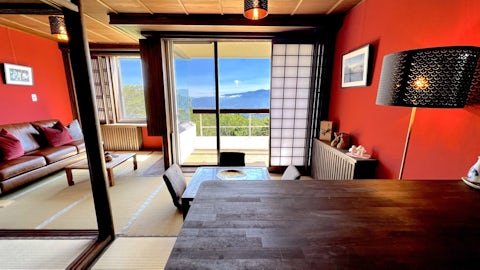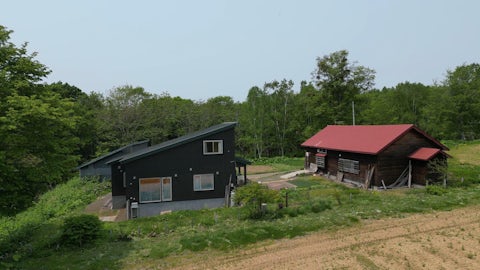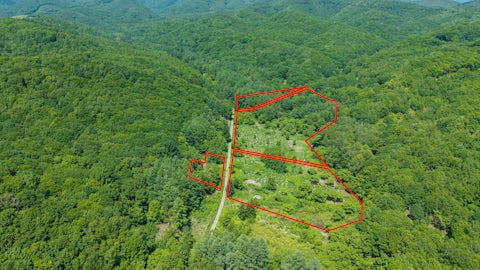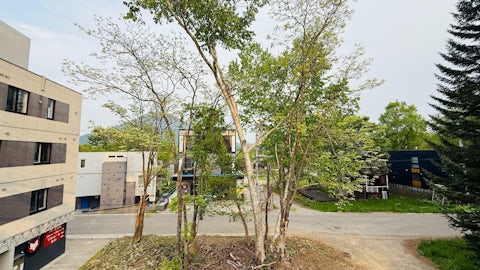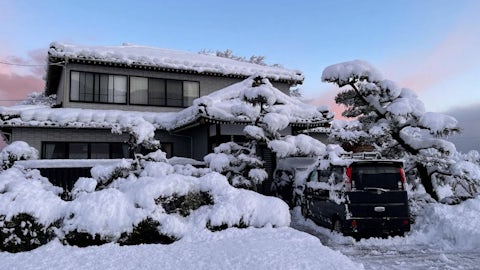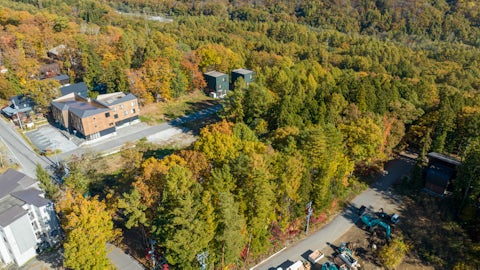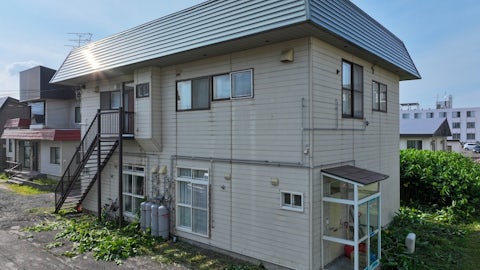
What are the rules on Minpaku and Airbnb rentals in Japan?
Minpaku regulations in Japan are specifically designed to regulate private lodging services, like Airbnb, in response to the growing popularity of such accommodations among tourists. These regulations were significantly updated in recent years to address various concerns. Here are the key points you should be aware of if you're considering buying a property in Japan for Airbnb-style rentals:
- Minpaku Law (2018): The new Minpaku law, implemented in June 2018, legalized the renting out of private homes to tourists, but with certain restrictions. Before this law, such rentals were in a legal gray area.
- Registration Requirement: Homeowners must register with local governments and obtain a license to operate a Minpaku rental. This process involves submitting various documents and ensuring compliance with local regulations.
- Occupancy Limit: There's a limit to the number of days per year a property can be rented out under this scheme, typically capped at 180 days. However, this can vary depending on local government rules.
- Safety and Health Standards: Properties must meet certain safety and health standards. This includes the installation of fire extinguishers, the display of emergency exit routes, and ensuring that the property is clean and hygienic.
- Management Rules: Homeowners are required to either manage the property themselves or appoint a licensed management company to handle day-to-day operations, including guest check-in and compliance with local laws.
- Neighborhood Notification: In some areas, homeowners are required to notify neighbors or the neighborhood association about their Minpaku operation. This is part of an effort to maintain harmony in residential areas.
- Tax Obligations: Income earned from Minpaku rentals is subject to taxation. Property owners need to declare this income and pay taxes accordingly.
- Local Regulations: Local governments can impose additional rules. For instance, some cities may have stricter regulations about where Minpaku can be operated, noise control, waste management, and other community-related concerns.
- Insurance: It's advisable to have insurance coverage for your property, considering the risks associated with renting out to short-term guests.
- Impact on Visa Status: If you're a non-resident, your ability to buy property and operate a Minpaku business might be affected by your visa status, although it shouldn't be if you have all your ducks in a row! Ensure you have the right to engage in such a business activity under your current visa and check with an immigration lawyer if you are unsure.
It's crucial to conduct thorough research and potentially consult with a legal expert familiar with Japanese real estate and Minpaku laws before proceeding with your investment. Regulations can vary significantly between different localities, and staying compliant is essential for the successful operation of a Minpaku rental in Japan.


